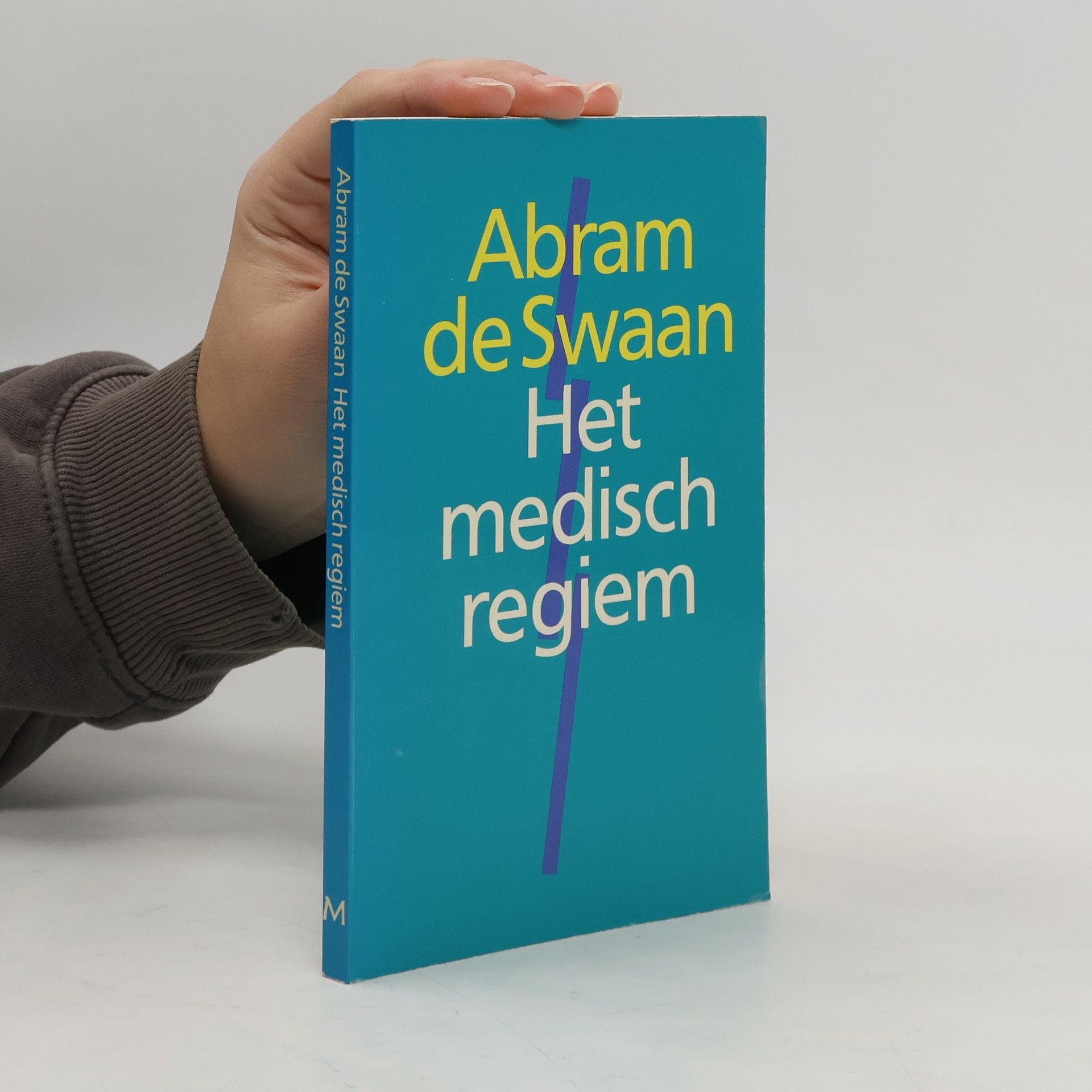Über die Erfolge der Frauenemanzipation und die Abwehrreaktionen. Das weltweite Bildungsniveau ist im letzten halben Jahrhundert rasant gestiegen, insbesondere bei Mädchen und jungen Frauen. Das hat auch die Beziehungen zwischen Mann und Frau verändert. Frauen heiraten später, bekommen weniger Kinder, arbeiten länger und verdienen mehr. Dieser Zugewinn an Wissen, Einkommen und auch Macht ist für viele Männer schwer zu ertragen. Abram de Swaan zufolge führt dieses relative Schwinden der männlichen Dominanz zu sozialen und psychologischen Spannungen, die auf die Verletzung des männlichen Ehrgefühls zurückzuführen sind: eine kollektive und individuelle narzisstische Kränkung. Der Autor sieht den Aufstieg der extremen Rechten, des christlichen Fundamentalismus und des Dschihadismus als Reaktion auf die weltweite Emanzipation der Frauen, die offenbar von vielen Männern als bedrohlich wahrgenommen wird. Werden diese Bewegungen fortbestehen, oder sind sie ein letztes Aufbäumen des im Untergang befindlichen Patriarchats?
Abram de Swaan Book order (chronological)
Abram de Swaan is a leading social scientist focused on complex societal processes. His work explores the formation of human groups and the dynamics of power within them. De Swaan analyzes how social structures are shaped and maintained, and how they impact individuals. His analytical approach and deep insights offer readers a new perspective on the workings of society.





Words of the World
- 272 pages
- 10 hours of reading
This bold and accessible study of human languages and communication explores issues which are at the forefront of today's globalized society. The human species is divided into more than five thousand language groups that do not understand each other. And yet these groups constitute one coherent world language system, connected by multilingual speakers in a surprisingly powerful way. The chances of a language thriving depend on its position in the system. There are thousands of small, peripheral languages, each connected to one of a hundred central languages. The entire system is held together by one global language: English. A language is a 'hypercollective' good: the more speakers it has, the higher its communication value for each one of them. Thus, when people think that a language is gaining new speakers, that in itself is a reason for them to want to learn it too. That is why, in an age of globalization, only a few languages remain for transnational communication and these often prevail even in national societies. This important book discusses a number of specific constellations in detail: India, Indonesia, Sub-Saharan Africa, South Africa and the European Union. De Swaan concludes by providing a sober but illuminating view of language policy in multilingual societies. This book will be essential reading for those studying sociology, communication studies and linguistics.
Sous l'aile protectrice de l'État
- 377 pages
- 14 hours of reading
Het medisch regiem
- 86 pages
- 4 hours of reading
Medical doctors are having an increasing influence in different life matters